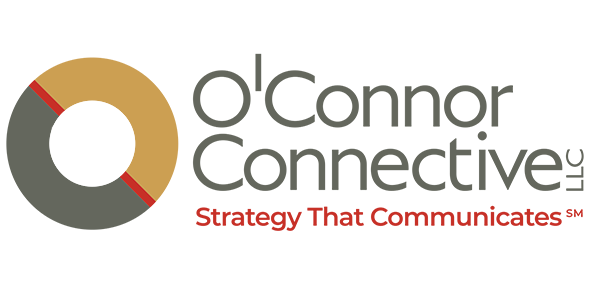You can’t take care of others if you aren’t taking care of yourself, they say. But not me, right? I’ve got things to do, people who need me, things that only I can do.
Or so I thought until I just couldn’t anymore.
Like many, I pushed and pushed through the COVID-19 Safer at Home shutdowns. I pushed and pushed through the PPP paperwork, the clients who needed to put things on hold, the clients who needed us immediately, the team members who worked from home, the team members who weren’t sure of the vaccine, the virtual schooling, the back to school with masks/without masks/with quarantine/without quarantine … You all know the drill because you, too, dealt with this.
But shocker—I didn’t focus on what I needed to stay strong and healthy. Nope. No time. I had things that needed to get done. And research shows I was not alone.
The Women’s Funds of Northeast Wisconsin recently released their COVID-19’s Impact on Women in Northeast Wisconsin study. It says, “We find that the lives of women, especially those working full-time or caring for children, were dramatically disrupted by the challenges brought about by COVID-19. Increases in remote work and disruptions to schooling have undoubtedly impacted health, health decisions and plans for future work or advanced education.”
Soon-to-be public research from the University of Wisconsin-Green Bay, conducted by Dr. Lora Warner, looks at the status of women in the Northeastern Wisconsin workplace and echoes these findings, putting a finer point on the mental health resources issue. Warner reports that 58 percent of working women who responded to this survey indicated they work for organizations that provide access to or support for mental health resources, but only 10 percent used mental health and counseling services.
Warner reports that 58 percent of working women who responded to this survey indicated they work for organizations that provide access to or support for mental health resources, but only 10 percent used mental health and counseling services.
We can speculate why. Stigma. Time. Beliefs that “we can muscle through.” But if others are feeling like me, we eventually reach our limit.
My tipping point was this October—19 months since the Safer-at-Home situation put my stress management into overdrive. Why then? Likely a build-up of it all and a member of my team unexpectedly joined The Great Resignation. I didn’t see it coming and it was the last straw. I knew I needed a break. I needed to ask for help. I needed to take time. And I needed to reflect.
So, I finally took the advice I give to clients. I sought outside experts to help me find my balance, explore and reimagine the company culture our team seeks, help me at home, and serve as my mental health professional so I can stay, well, me. I’m doing the work that needs to happen on me and for me, and then for my family, my team, and my clients, because as the stewards say on airplanes, you’ve got to put the oxygen on your face first before you can help others.
My oxygen also comes in the form of Lake Michigan. It’s where I can breathe best. It’s where I can think and reflect. I was taught at St. Norbert College to be a “contemplative in action,” stressing the contemplative side of the equation but I really have had to work at it. I’m now taking time to walk the beach, even if it’s in my parka.
What’s your Lake Michigan? Who have you invited in to help? Maybe now’s the time to find out.
Bridget Krage O’Connor is the owner and president of O’Connor Connective—a consulting firm that helps leaders create extraordinary organizations by leveraging strategy, communications, marketing, and public relations. She is the lead community partner for the Institute for Women’s Leadership at UW-Green Bay and an emeritus advisory board member of the Green Bay Women’s Fund.
